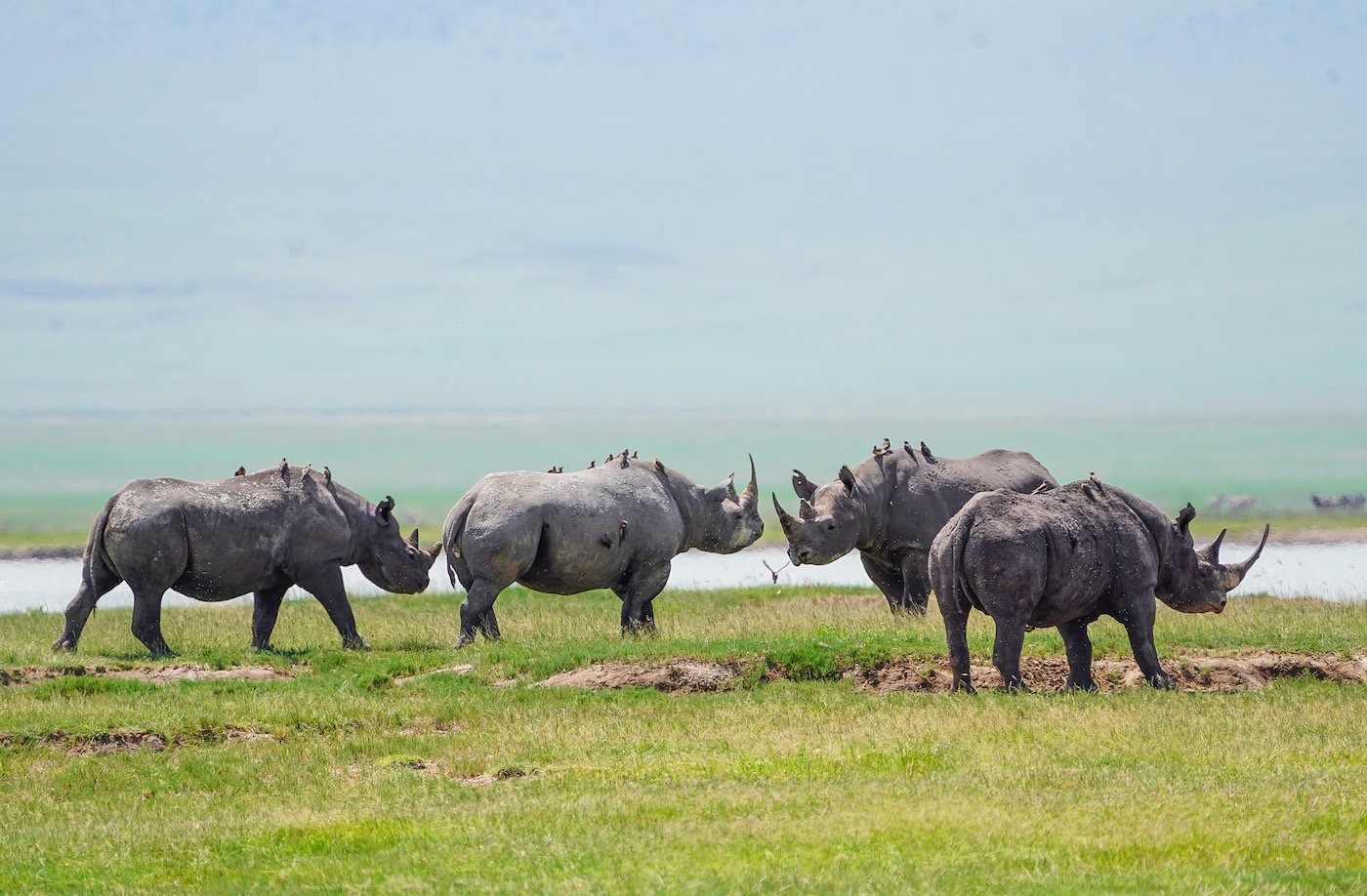
Ngorongoro Conservation Area
Northern Tanzania
Discover the iconic Ngorongoro Conservation Area, Tanzania
The Ngorongoro Conservation Area Authority (NCAA) is a well-established wildlife management entity under the Tanzanian government, dedicated to managing the Ngorongoro Conservation Area (also known as NCA) and conserving its stately-natural splendor while striving to make it the world’s top tourism destination – Your best option for a future holiday is the Ngorongoro Conservation Area.
Ngorongoro Conservation Area is in northern Tanzania. It’s home to the vast, volcanic Ngorongoro Crater and “big 5” game (elephant, lion, leopard, buffalo, rhino).
Where is Ngorongoro Crater located?
The Ngorongoro Conservation Area is located in northern Tanzania. It borders Serengeti to the west and Lake Manyara to the south. The city of Arusha, the main tourist hub of Tanzania, is 190 km (118 mi) away; this is about a 4-hour drive by car.
Ngorongoro Crater - part of the Conservation Area
When planning your trip, it's important to remember that the Ngorongoro Conservation Area and the Ngorongoro Crater are not the same. The total area of the Ngorongoro Conservation Area is 8,292 km² (3,202 mi²). This is about six times the size of Los Angeles and over five times the size of London.
The Ngorongoro Crater is the main attraction of the Conservation Area. It is called a "crater" due to its volcanic origins. Once, there was a massive volcano whose remaining walls formed the Ngorongoro Caldera. Contrary to popular myth, wild animals can leave its confines but rarely do so because the crater provides everything necessary for their comfortable habitation.
The crater area is only 260 km² (100 mi²). If you have one day of safari planned in Ngorongoro, you will spend most of it there.
In addition to the crater, the Ngorongoro Conservation Area has several other attractions, such as Lake Ndutu, Olduvai Gorge, Empakai, and Olmoti Craters.
Destination Map
What are the main attractions of the Ngorongoro Conservation Area?
The Ngorongoro Crater
The Ngorongoro Crater is the world's largest intact and unfilled volcanic caldera and the Ngorongoro Conservation Area's main tourists’ attraction. It is the largest and most scenic crater in the Ngorongoro Conservation Area, with a large concentration of wildlife. It is also one of Africa's Seven Natural Wonders due to its breathtaking natural features. The Ngorongoro Crater is known as a home to over 25,000 animals, including the big five; elephants, buffaloes, rhinos, lions and leopards.
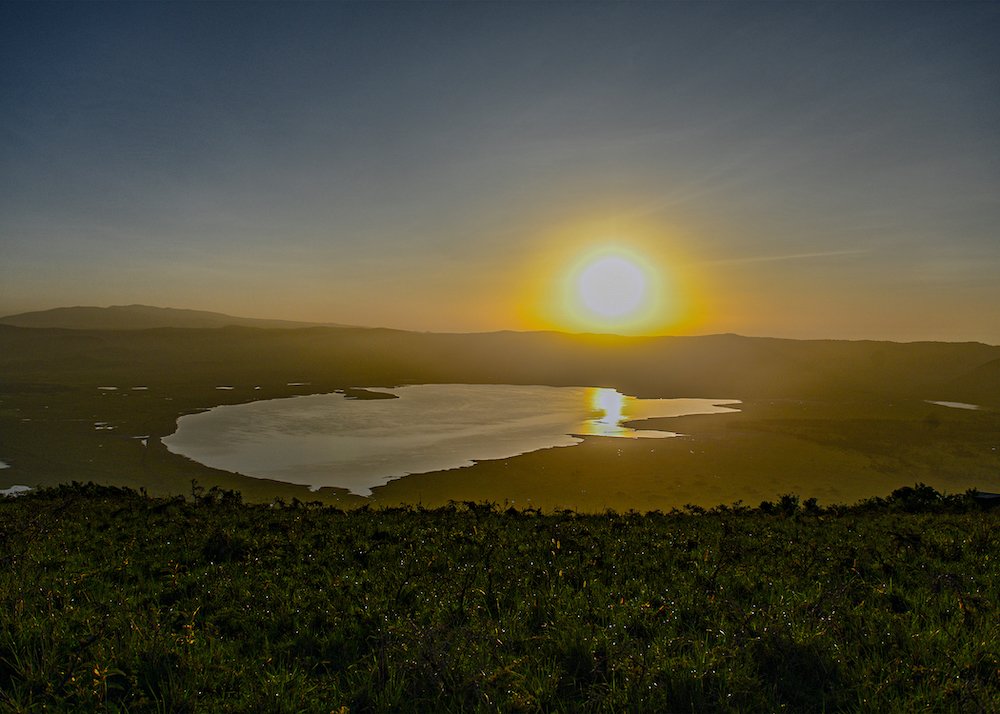
The Olduvai Gorge
The Olduvai Gorge, which is a remarkable archaeological site in East Africa and perhaps in the world. It was officially recognized as a part of the UNESCO World Heritage Site in 1979. Exposed within the sides of the gorge is a remarkably rich chronicle of human ancestry and the evolution of the Serengeti ecosystem.
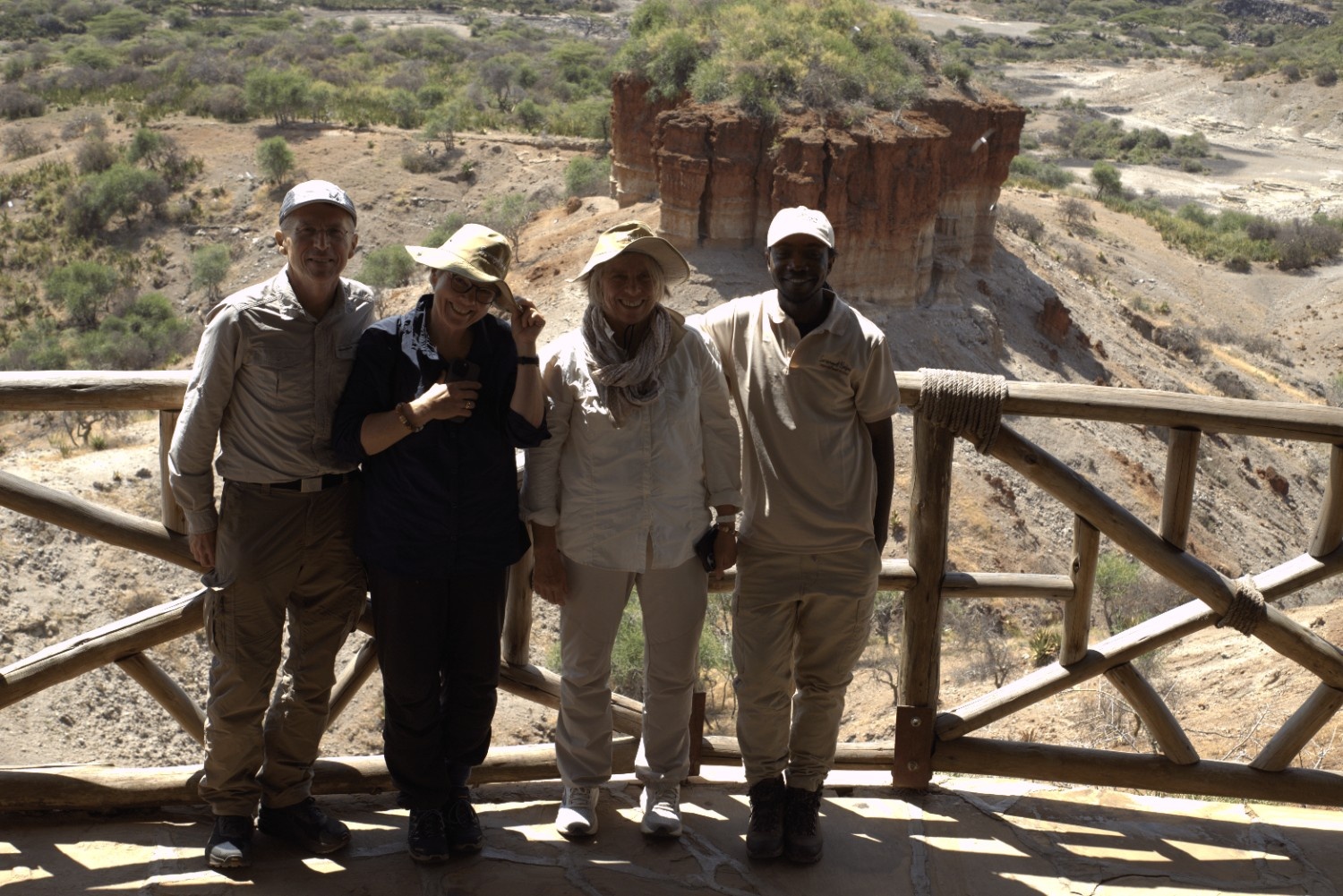
The Empakaai crater
The Empakaai crater is one of the multi-volcanic calderas in the Ngorongoro Conservation Area, probably with the highest rim of all and a beautiful lake that makes up more than 75% of its crater floor. Among the main attractions inside the crater is the large number of Flamingoes spotted around this Crater’s Lake coastline.
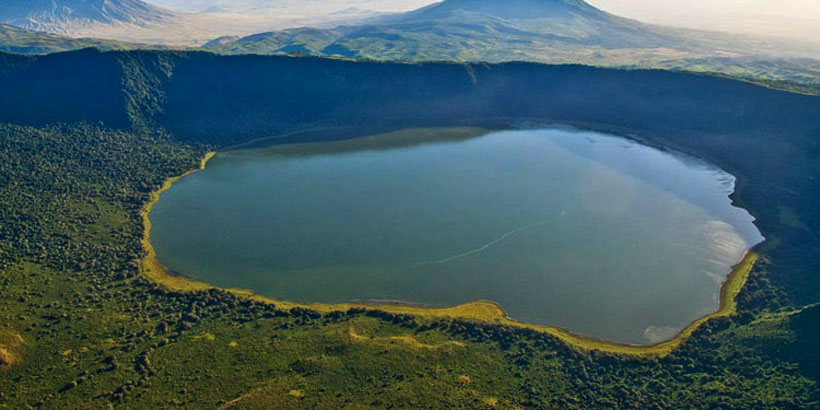
The Laetoli Footprints
Laetoli is one of Africa's most important palaeontological sites. It is located on the southern edge of the Serengeti Plains within the Ngorongoro Conservation Area and far north of Lake Eyasi. The site contains a long series of Plio-Pleistocene, predominantly volcano-sedimentary deposits rich in archaeological and paleontological remains, which are overlain by Precambrian metamorphic rocks.
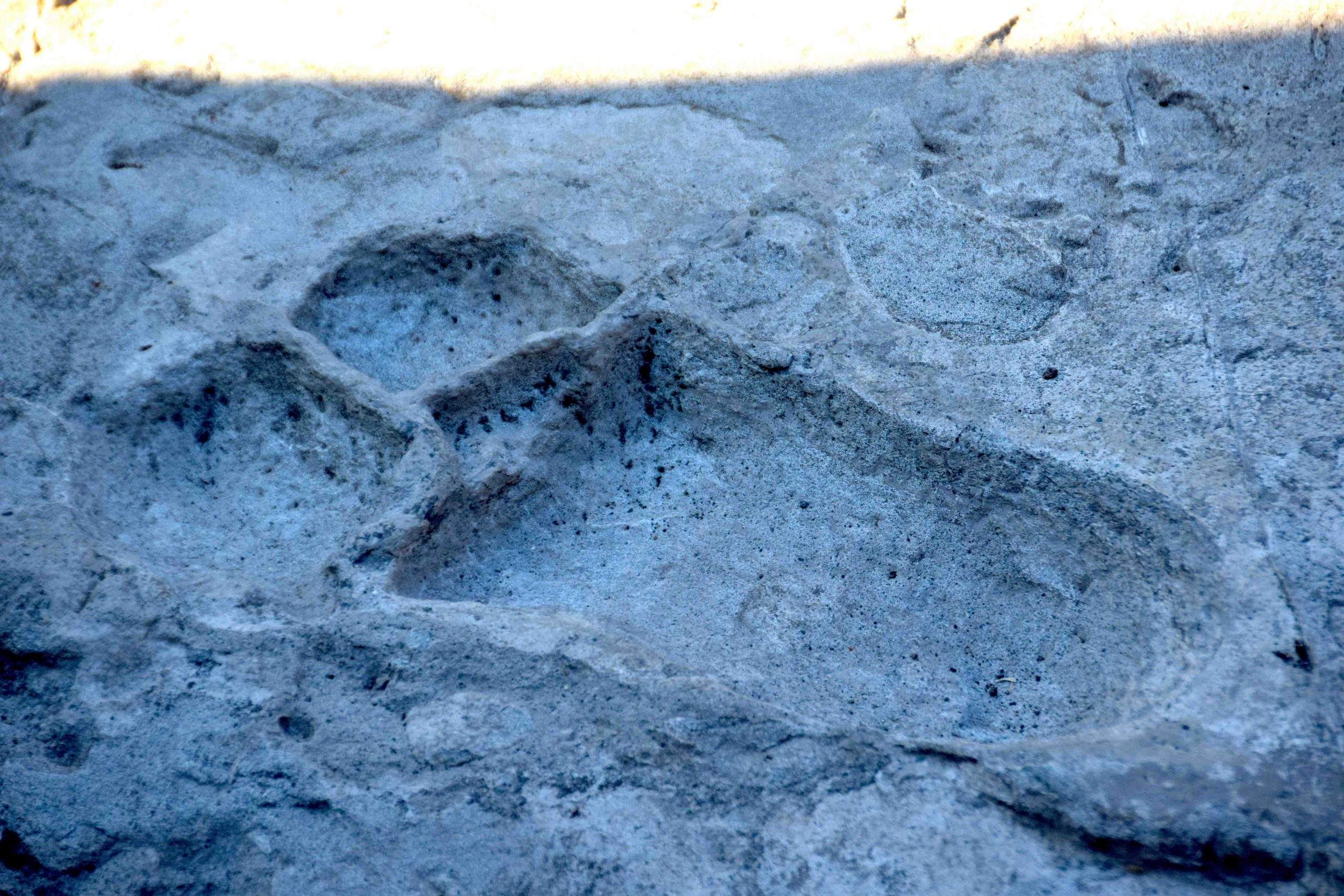
Dr. Mary Leakey Living Museum
The Leakey’s camp comprises more than 18 visible objects, including houses, artefacts and /or personal properties with historical values.
One can get to see and have a great experience of the houses and research facilities used by Dr. Mary and Louis. Zinj site about0.5 km, Olduvai Gorge Museum 2 km, Shifting sand 9 km, Nasera Rock 32km and Olkarien Gorge 59 km.
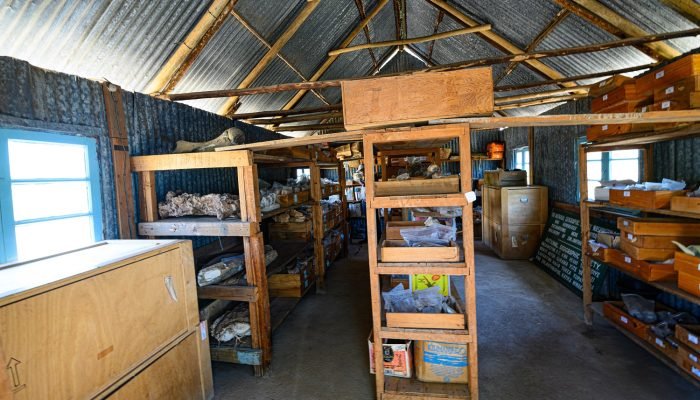
Activities in the Ngorongoro Conservation Area
Game Drive
Having an abundance of flora and fauna, the Ngorongoro Conservation Area is undoubtedly the best tourist destination you will ever discover. The Ngorongoro Crater, a World Heritage Site and Man and Biosphere Reserve, is home to spectacular volcanic craters, landscapes, and an array of wildlife species. Game drive destinations within NCA are the Ngorongoro Crater, Ndutu Plains, Sale Plains, Gol Mountains, Nasera Rock, Embulbul, and Olkarien Gorge.
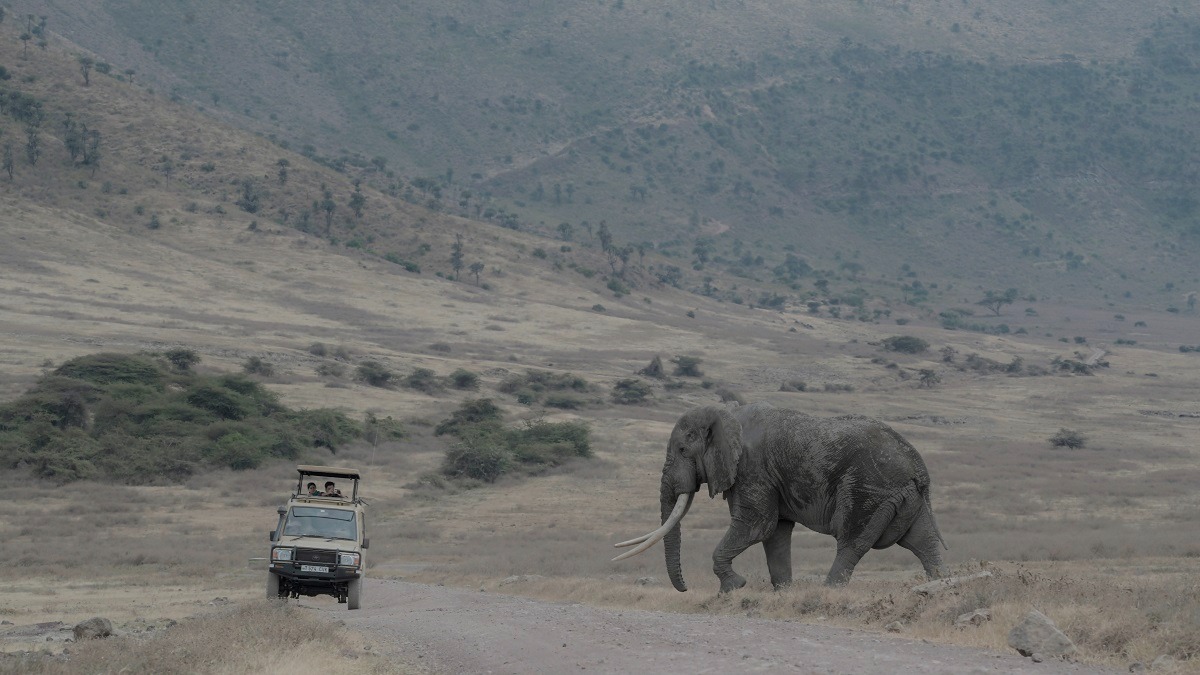
Walking Safaris
A walking safari in the Ngorongoro Conservation Area is a once-in-a-lifetime opportunity to connect with nature in a more intimate and personal way. You not only walk through the Ngorongoro Conservation Area’s natural areas, which have spectacular landscapes, wildlife, and people, but you also synchronize with your surroundings and become one in every detail. During this remote walking safari, you will explore extinct volcanoes, diverse landscapes, wildlife, and meet the local Maasai, Datoga and Hadzabe.
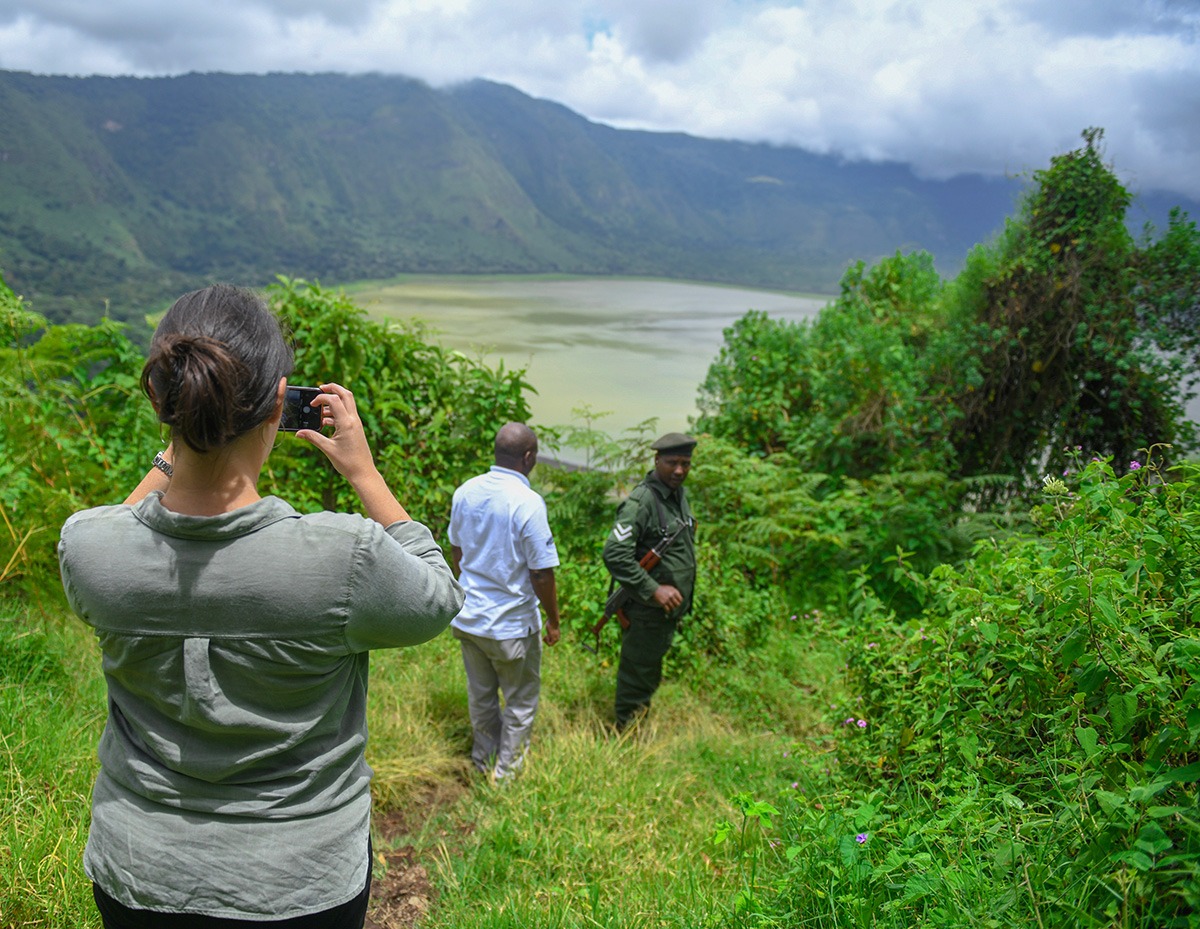
Archaeological Tours
Archaeology in the Ngorongoro Conservation area is well-justified. Being a UNESCO World Heritage site, there are tremendous opportunities provided by numerous archaeological sites visited for the purposes of learning, researching, or solely for leisure in the NCA.
The Archaeological sites in the Ngorongoro Conservation Are include the World’s famous Olduvai Gorge, Laetoli Footprints, Engaresero Footprints (hosting traces of the ancient hominid), Mumba Caves and Engaruka.
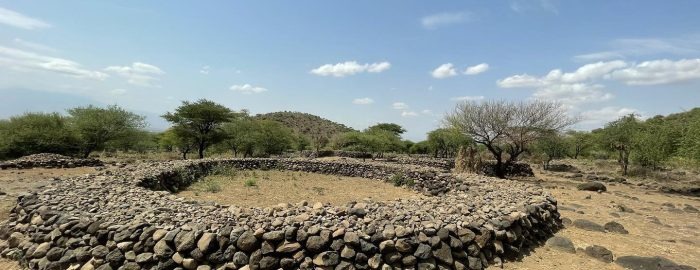
Cultural Tours
A cultural tour in Ngorongoro Conservation Area is yet another iconic activity you don’t want to miss. It provides room to learn and experience the lifestyle of the most famous and ancient ethnic groups; Hadzabe Datoga and the Maasai. The most prominent being the Maasai people who migrated southeast from the Nile area in the 18th century.
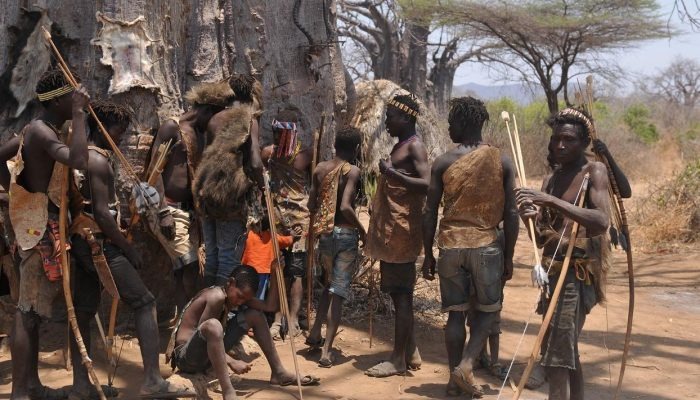
Bird Watching
Do you love birds? We bet you do. We gladly welcome you to Ngorongoro Conservation Area – the bird paradise. This is an ideal site for keen ornithologists hosting over 550 bird species, some of whose NCA is a permanent settlement while some are migratory.
The Ngorongoro Conservation Area’s forests are also teeming with birds, such as turaco and hornbill species. Raptors and scavengers are common on the conservation area’s plains. Watch out for distinctive grassland birds such as ostriches, kori bustards, and crowned cranes.
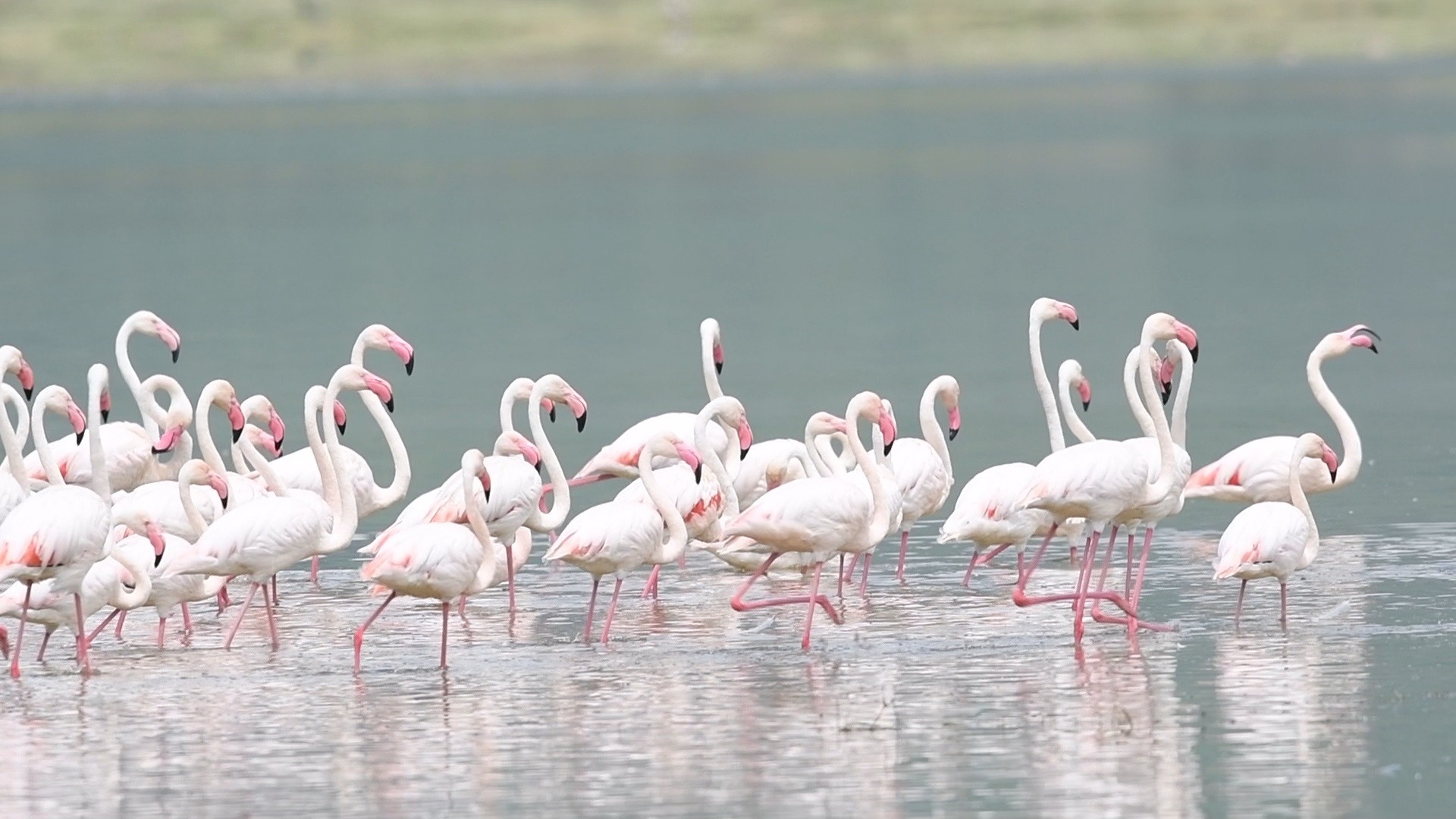
Botanical Tours
Botany, in particular, has long been linked to environmental conservation and education. The Ngorongoro Conservation Area is distinguished by hundreds of flora species with colorful blooming flowers and leaves.
This collection contains unique and typical catalogs that are essential for education, scientific purposes, exhibition, and tourism. It depicts important lessons and responsibilities concerning global environmental change and conservation issues, as well as the conservation struggle in managing and conserving all the plants and grass species within the area.
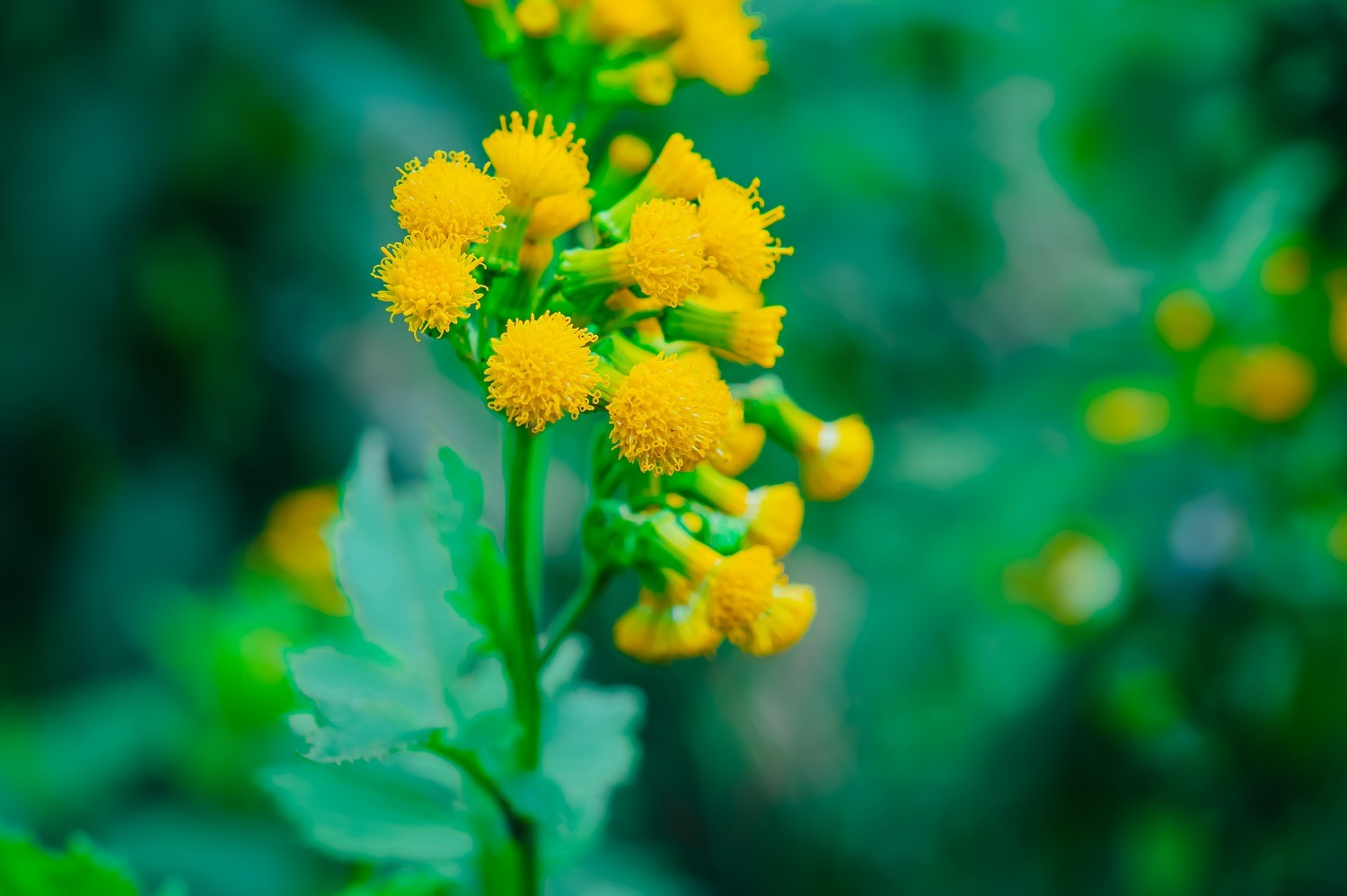
Animals in Ngorongoro Conservation Area
Lion
Common
Elephant
Common
Rhino
Rare
Hippo
Common
Leopard
Very Rare
There are no giraffes or cheetahs in the Ngorongoro Crater. These animals can be seen in the neighboring Serengeti National Park, which most travelers visit after Ngorongoro.
Why there is no giraffe in Ngorongoro Crater?
Giraffes are absent from the Ngorongoro Crater due to its steep walls, which are difficult for them to navigate, and its vegetation, which lacks the tall trees they feed on. The crater is dominated by grasses and shrubs, not providing sufficient food for giraffes. Consequently, giraffes are more commonly found in the neighboring Serengeti National Park, as well as in many other Tanzanian national parks.
History of Ngorongoro Conservation Area
The Ngorongoro Crater was formed by a volcanic eruption 2–3 million years ago and later became home to wildlife and early humans. Fossilized human footprints found in Laetoli show that upright-walking ancestors lived there 3.7 million years ago.
In the 18th century, Maasai tribes displaced earlier inhabitants like the Datooga. During German colonial rule, land was privatized and farmed, disregarding its natural value. Under British control, steps were taken to protect the area, and in 1959, Ngorongoro became an independent Conservation Area, allowing only limited human activity.
In 1979, UNESCO recognized it as a World Heritage Site, highlighting its global ecological importance. Efforts to preserve it included compensating Maasai families to reduce human pressure inside the crater.
Frequently Asked Questions about the Ngorongoro Conservation Area
The Ngorongoro Crater and the surrounding Conservation Area are found in northern Tanzania, East Africa. This region borders famous wildlife destinations like Serengeti and Tarangire National Parks, making it an ideal spot for unforgettable safari adventures.
Expect cooler weather, especially in the early mornings and evenings around the crater rim. It’s best to bring a warm fleece, a light jacket, and wear neutral-colored clothing (khaki, olive, or brown). Avoid white clothes they collect dust quickly. For walking safaris or hikes in Olmoti or Empakai, study hiking shoes are essential.
Recreational drone use is not permitted in Ngorongoro. Drone authorization is reserved for official filming projects that directly support conservation efforts, such as professional wildlife documentaries. Personal vloggers and tourists are generally not granted permission to use drones in the area.
The Ngorongoro Conservation Area was established to protect the region’s rich biodiversity and cultural heritage. It balances wildlife conservation, tourism development, and the well-being of local communities, particularly the Maasai who have lived in the region for generations.
The name “Ngorongoro” has two believed origins. One legend says it’s derived from a Maasai term meaning “gift of life”, describing the fertile crater floor. Another suggests it comes from the “nkor-nkor” sound made by bells hung on Maasai cattle.
